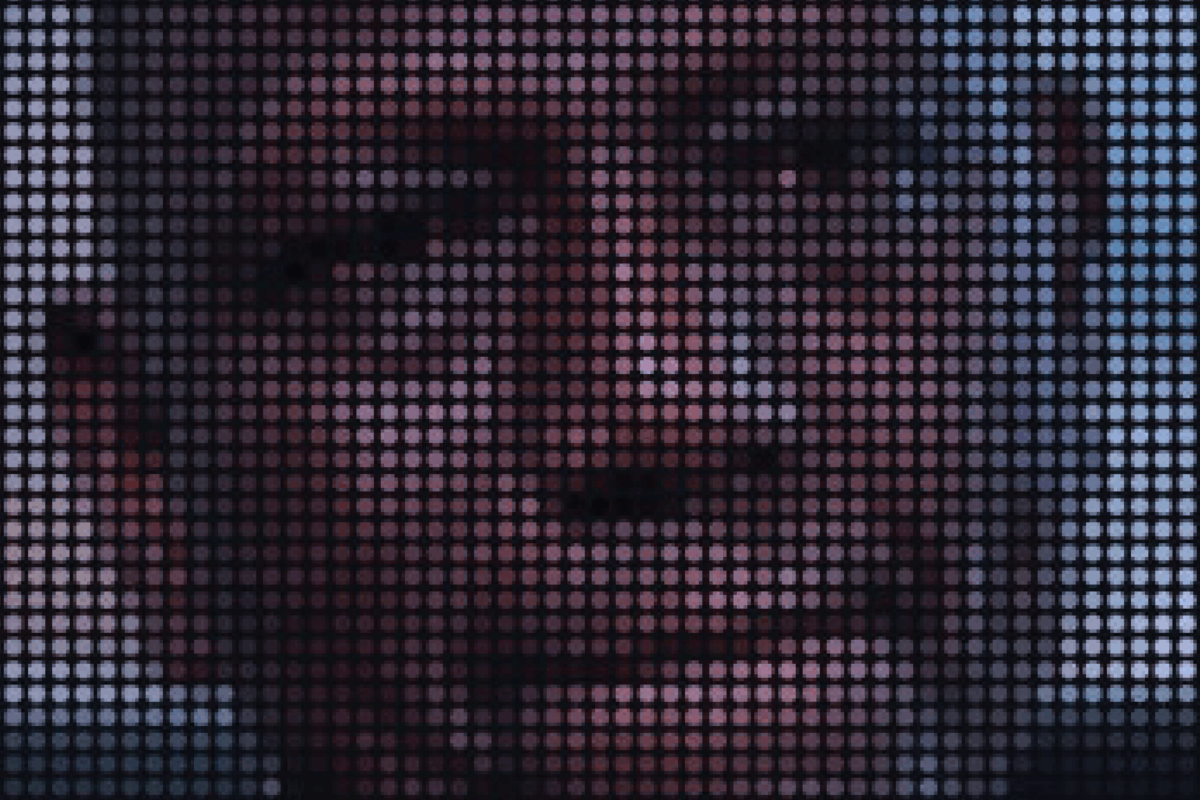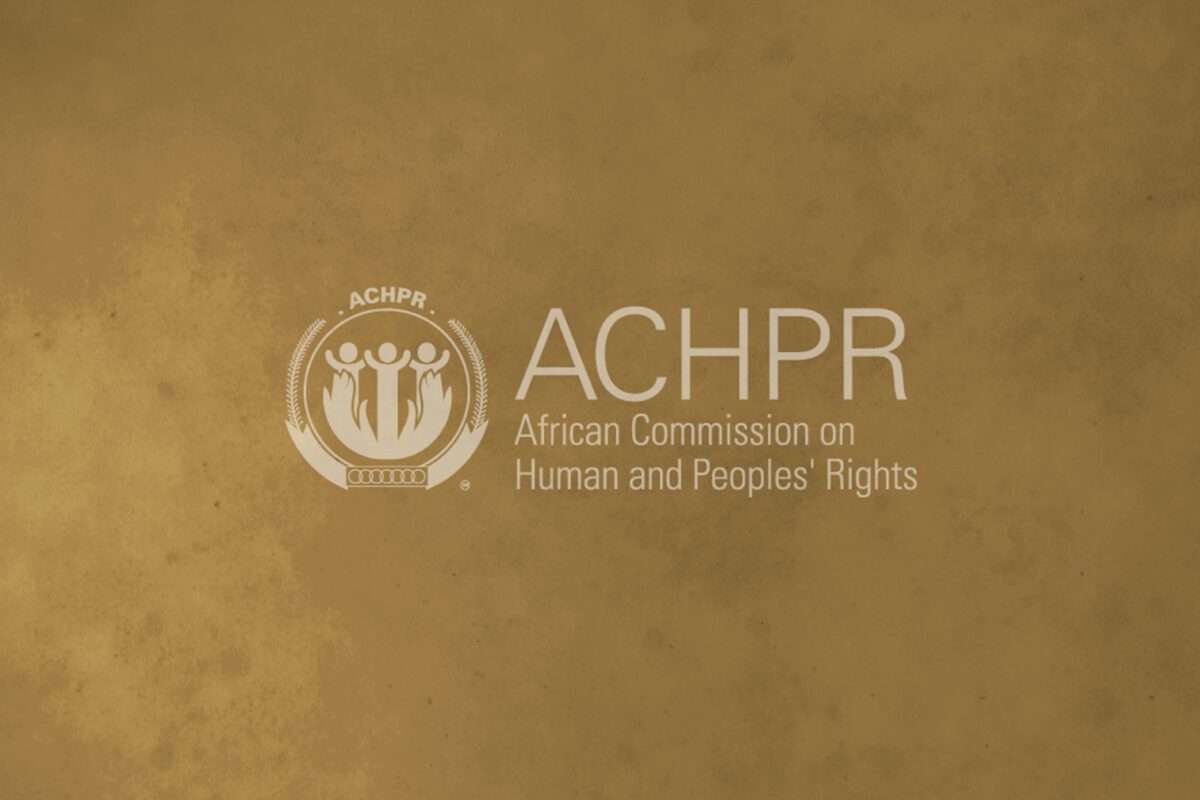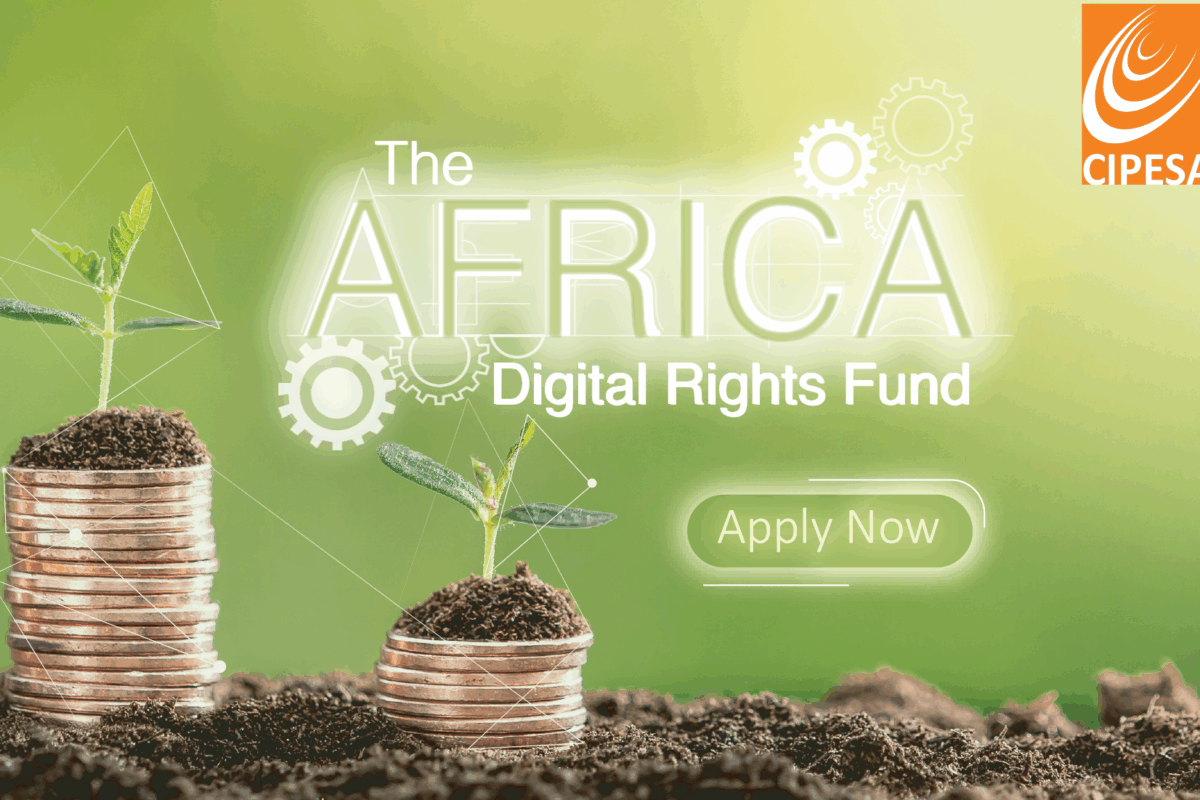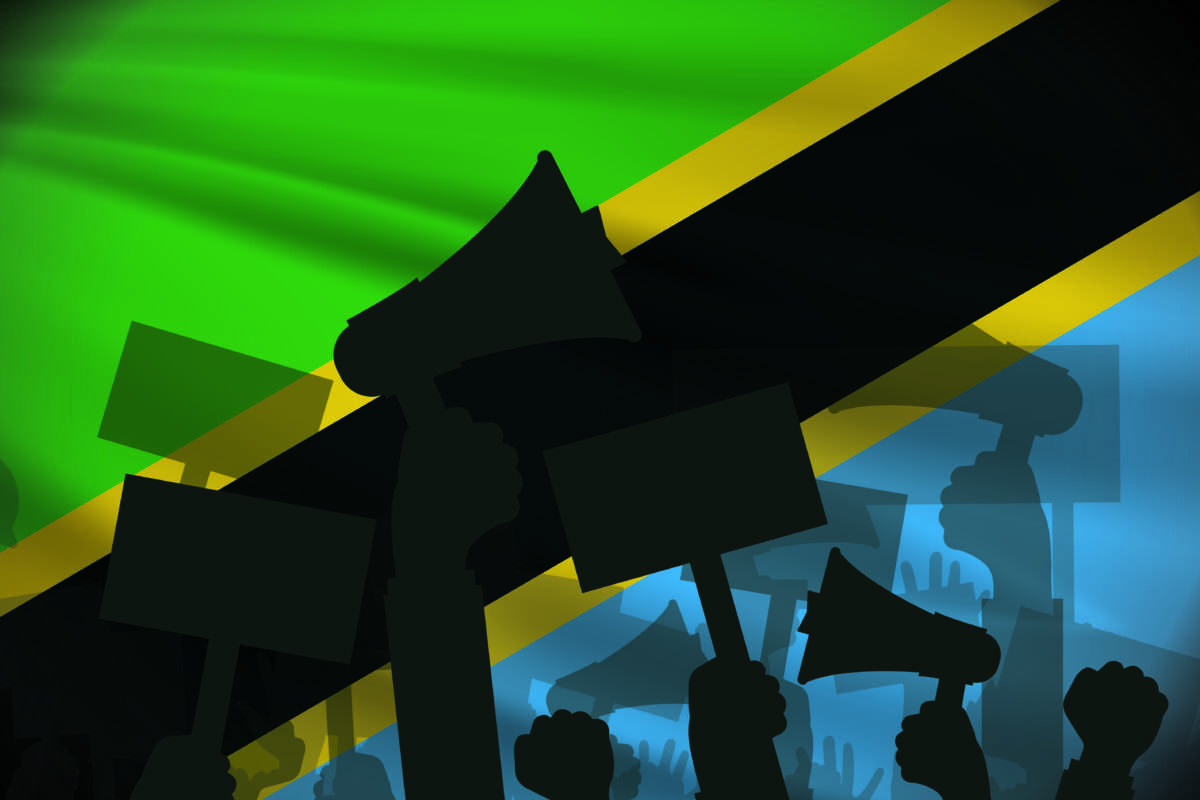ADRF Impact Series |
As Africa’s digital ecosystems expand, so too do the threats to its democratic spaces. From deepfakes to synthetic media and AI-generated misinformation, electoral processes are increasingly vulnerable to technologically sophisticated manipulation. Against this backdrop, THRAETS, a civic-tech pro-democracy organisation, implemented the Africa Digital Rights Fund (ADRF)-supported project, “Safeguarding African Elections – Mitigating the Risk of AI-Generated Mis/Disinformation to Preserve Democracy.”
The initiative aimed to build digital resilience by equipping citizens, media practitioners, and civic actors with the knowledge and tools to detect and counter disinformation with a focus on that driven by artificial intelligence (AI) during elections across Africa.
At the heart of the project was a multi-pronged strategy to create sustainable solutions, built around three core pillars: public awareness, civic-tech innovation, and community engagement.
The project resulted in innovative civic-tech tools, each of which has the potential to address a unique facets of AI misinformation. These tools include the Spot the Fakes which is a gamified, interactive quiz that trains users to differentiate between authentic and manipulated content. Designed for accessibility, it became a key entry point for public digital literacy, particularly among youth. Additionally, the foundation for an open-source AI tracking hub was also developed. The “Expose the AI” portal will offer free educational resources to help citizens evaluate digital content and understand the mechanics of generative AI.
A third tool, called “Community Fakes” which is a dynamic crowdsourcing platform for cataloguing and analysing AI-altered media, combined human intelligence and machine learning. Its goal is to support journalists, researchers, and fact-checkers in documenting regional AI disinformation. The inclusion of an API enables external organisations to access verified datasets which is a unique contribution to the study of AI and misinformation in the Global South. However, THRAETS notes that the effectiveness of public-facing tools such as Spot the Fakes and Community Fakes is limited by the wider digital literacy gaps in Africa.
Meanwhile, to demonstrate how disinformation intersects with politics and public discourse, THRAETS documented case studies that contextualised digital manipulation in real time. A standout example is the “Ruto Lies: A Digital Chronicle of Public Discontent”, which analysed over 5,000 tweets related to Kenya’s #RejectTheFinanceBill protests of 2024. The project revealed patterns in coordinated online narratives and disinformation tactics, achieving more than 100,000 impressions. This initiative provided a data-driven foundation for understanding digital mobilisation, narrative distortion, and civic resistance in the age of algorithmic influence.
THRAETS went beyond these tools and embarked upon a capacity building drive through which journalists, technologists, and civic leaders were trained in open-source intelligence (OSINT), fact-checking, and digital security.
In October 2024, Thraets partnered with eLab Research to conduct an intensive online training program for 10 Tunisian journalists ahead of their national elections. The sessions focused on equipping the participants with tools to identify and counter-tactics used to sway public opinion, such as detecting cheap fakes and deepfakes. Journalists were provided with hands-on experience through an engaging fake content identification quiz/game. The training provided journalists with the tools to identify and combat these threats, and this helped them prepare for election coverage, but also equipped them to protect democratic processes and maintain public trust in the long run.
This training served as a framework for a training that would take place in August 2025 as part of the Democracy Fellowship, a program funded by USAID and implemented by the African Institute for Investigative Journalism (AIIJ). This training aimed to enhance media capacity to leverage OSINT tools in their reporting.
The THRAETS project enhanced regional collaboration and strengthened local investigative capacity to expose and counter AI-driven manipulation. This project demonstrates the vital role of civic-tech innovation that integrates participation and informed design. As numerous African countries navigate elections, initiatives like THRAETS provide a roadmap for how digital tools can safeguard truth, participation, and democracy.
Find the full project insights report here.





